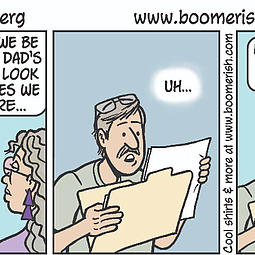401ks, IRAs, and the early retiree: How to tap into your savings with minimal penalties
March 28, 2012 at 6:00 a.m.
Are you thinking about retiring early, before age 55? Lucky you! However, retiring early can leave you open to penalties if you plan on withdrawing money from your 401k and IRA retirement accounts. Don't let the government take any more of your hard earned money than it's due. Follow these tips to avoid facing any unnecessary penalties.
401k Plans. Most 401k retirement savings plans allow you to withdraw money from them without a penalty beginning in the year you turn 55 (age 50 if you are a public safety worker.) If you take money out of the account at an earlier age, you're subject to a 10 percent penalty. There are a couple of exceptions to the penalty. You can use up to $100,000 of the money, penalty-free, to purchase a home if you haven't owned a home for the previous two years. You can also use the money to pay college expenses for yourself or a dependent. If you've always dreamed of going back to school, take advantage of this exemption. Other exceptions include using the money to pay past IRS debts and paying medical expenses that exceed 7.5 percent of your adjusted gross income.
IRA Accounts. Individual retirement accounts (IRAs) require that you wait until you are 59 1/2 to start withdrawing money. Tap into the account earlier and you face that 10 percent penalty. HOWEVER, there are exceptions to the penalty rule. You can take money out penalty-free for a first time home purchase. If you've always rented and want to purchase a home for your retirement, this is the account to use for that down payment. In addition, you can withdraw money from a 401k account penalty-free for education expenses for you or an immediate family member. Like the 401k exemptions, you can also use your IRA account, penalty-free, to pay for medical expenses that exceed 7.5 percent of your adjusted gross income.
If your early retirement isn't voluntary, you have additional options for using your 401k and IRA funds penalty-free. Both accounts allow for penalty-free withdrawals if you've been involuntarily out-of-work for more than 12 months. You can also use the funds to avoid foreclosure and/or eviction from your home.
If none of these penalty-free options apply to you, consider borrowing against your account(s). Federal and most state laws allow you to take a loan out against your account. Essentially, you're borrowing from yourself.
Of course, these are just guidelines. Tax laws regarding US retirement accounts are complex. It is wise to consult with an accountant before making any final decisions.
Content Provided by Spot55.com





